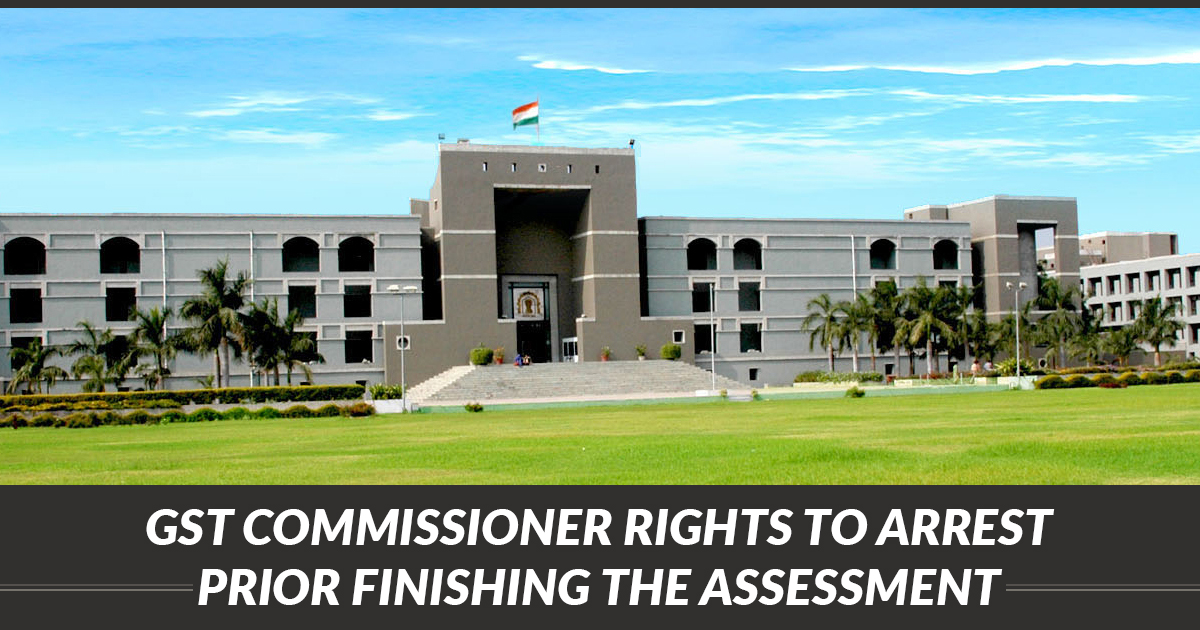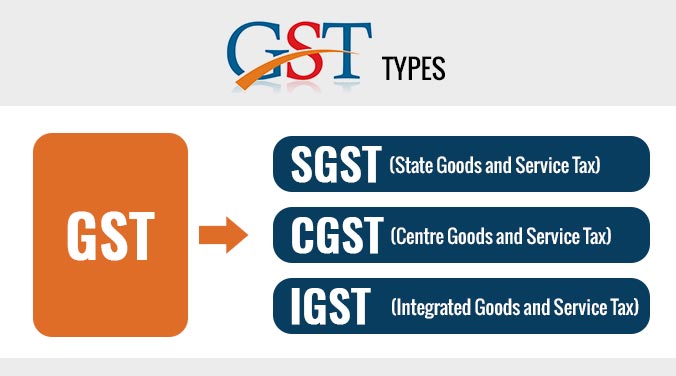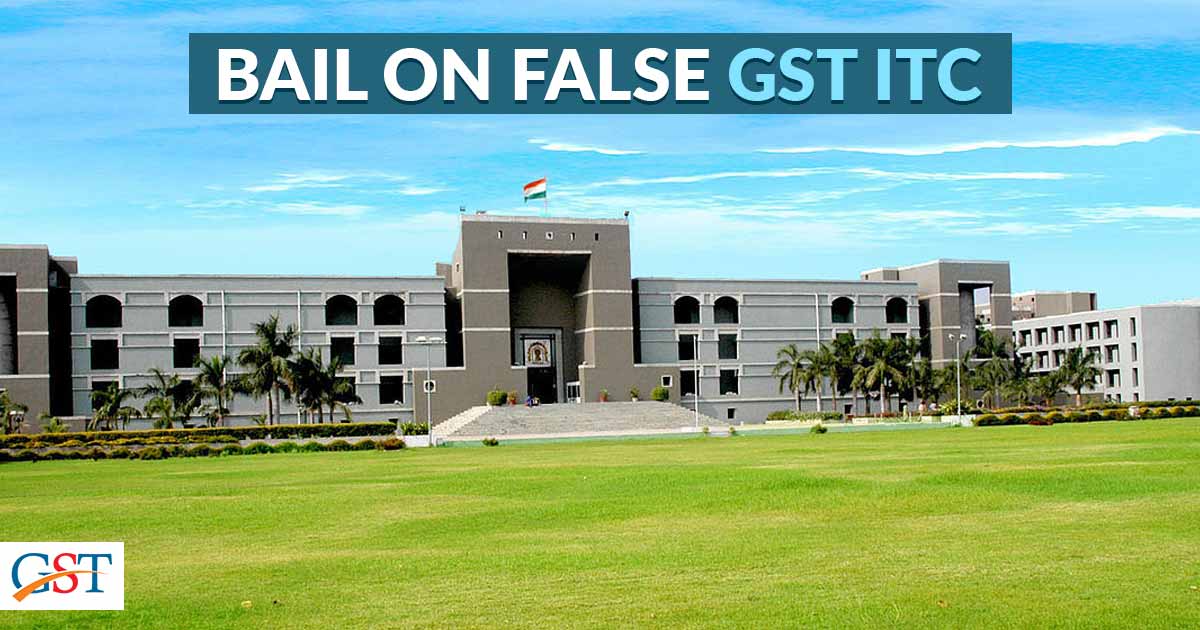The Gujarat high court ruled that the commissioner has given the right to arrest before finishing the assessment. The applicant is the owner of M/s Heugo Metal who handles the trade and supply for the stainless steel as well as scrap and was utilizing the godown space.

The applicant was not able to stay with credentials along with a temporary balance sheet, addressing a letter the applicant via his advocate to the respondent officials have asked to provide 1 week time.
The applicant appeal to the court to say the respondent authority that not to take any action against him as the owner of the Heugo metal handling power beneath section 69 applied with section 132 boycotting the steps under the law of assessment and judgement of concerning theft of GST as contemplated under Section 61, Section 73 of under Section 74 of the Central Goods and Service Tax Act 
Under section 69 of the CGST Act the two judges Justice J.B. Pardiwala and Justice Bhargav D. Karia suggesting the power to arrest as given can be summoned if the Commissioner has the answer to understanding that the person has performed offences as provided under the clauses (a), (b), (c) or (d) of section 132(1) of the CGST Act, which is culpable under the clause (i) or clause (ii) of sub-section (1) or sub-section (2) of section 132 of the CGST Act excluding that the judgement for the evaluation as granted beneath the stipulations of the Chapter VIII of the CGST Act.
Under the GST (Goods and Services Tax) law, the court has highlighted the mode to handle the power to arrest as mentioned in section 69 of CGST surely provokes the respective powers to arrest lodge beneath the act of crime by a police officer.
There are particular conditions under section 69 of CGST which need to be completed before the arrest. Specifically, the conditions to trust must be recorded in writing. The communication on the basis of arrest is the 2nd point under section 69 of the GST act. However, the term “inform” is used in act 69 in the concern that develops but a mere declaration basis shall not be enough.
Read Also: Bail Allowed in the Cases of Wrongful Claim of GST ITC: Gujarat HC 
“In view of the foregoing reasons, observations, and directions, the petitions are accordingly ordered to be rejected. Ad interim relief granted earlier stands vacated. The rule is discharged with no order as to costs. Civil Applications, if any, stand disposed off,”